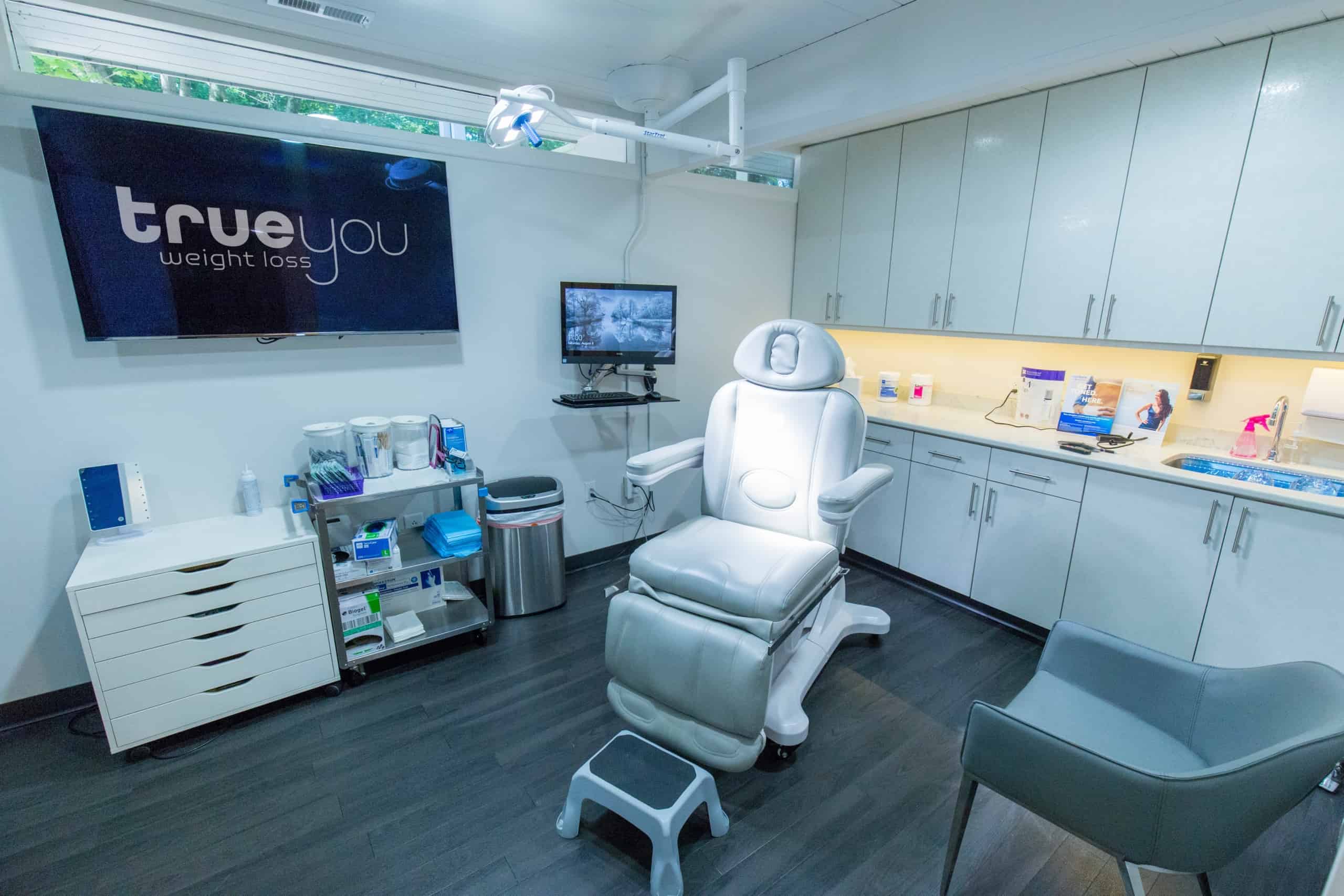Weight Loss Programs in Maryland: Weight Loss Programs In Md
Weight loss programs in md – Maryland offers a diverse range of weight loss programs catering to various needs and preferences. These programs encompass medical, surgical, dietary, and fitness interventions, distributed across different regions of the state. Understanding the options, costs, and potential risks is crucial for individuals seeking effective and safe weight loss solutions.
Overview of Weight Loss Programs in Maryland, Weight loss programs in md

Maryland’s weight loss landscape includes a variety of programs, from medically supervised interventions to self-guided approaches. These programs are geographically dispersed, with greater concentration in urban areas. The availability and types of programs vary depending on location and the specific needs of the individual. Surgical options, for example, are often concentrated in larger medical centers.
| Program Type | Location (City/County) | Cost Range | Key Features |
|---|---|---|---|
| Medical Weight Loss Clinic | Baltimore City, Montgomery County, Howard County | $500 – $2000+ per month | Physician supervision, medication management, nutritional counseling |
| Bariatric Surgery | Baltimore, Bethesda, Columbia | $15,000 – $30,000+ | Gastric bypass, sleeve gastrectomy, adjustable gastric banding |
| Registered Dietitian Consultations | Statewide | $75 – $200 per session | Personalized meal plans, nutritional education |
| Fitness Centers & Gyms | Statewide | $30 – $100+ per month | Group fitness classes, personal training, weight training equipment |
Popular Weight Loss Program Methods in MD
Several weight loss methods are commonly employed in Maryland programs, each with varying degrees of effectiveness. These methods often combine dietary changes, exercise, and behavioral modifications for optimal results. The success of any method depends heavily on individual adherence and overall health.
- Ketogenic Diet: Focuses on high fat, very low carbohydrate intake, inducing ketosis. Effectiveness varies, potential side effects include “keto flu”.
- Low-Carb Diets: Reduce carbohydrate consumption to varying degrees, promoting weight loss through reduced calorie intake. Success depends on individual adherence and choosing appropriate carbohydrate sources.
- Mediterranean Diet: Emphasizes fruits, vegetables, whole grains, and healthy fats. Proven to be effective for long-term weight management and overall health improvement.
- Exercise and Physical Activity: Essential for calorie expenditure and improved metabolic health. Programs typically incorporate cardio and strength training.
- Behavioral Modification: Techniques include stress management, mindful eating, and habit tracking to address underlying behaviors contributing to weight gain.
Cost and Insurance Coverage for Weight Loss Programs
The cost of weight loss programs in Maryland varies significantly depending on the type of program and its duration. Insurance coverage is also highly variable, with some programs receiving greater coverage than others. It’s essential to verify coverage with your insurance provider before committing to a program.
| Program Type | Cost Range (without insurance) | Typical Insurance Coverage | Out-of-Pocket Costs (example) |
|---|---|---|---|
| Medical Weight Loss Clinic | $500 – $2000+ per month | Varies widely, some plans cover consultations and medication | $500 – $1500 per month (with 50% coverage) |
| Bariatric Surgery | $15,000 – $30,000+ | Often requires pre-authorization, coverage depends on plan and BMI | $7,500 – $15,000 (with 50% coverage) |
| Registered Dietitian Consultations | $75 – $200 per session | Limited coverage, often requires referral | $50 – $150 per session (with 50% coverage) |
Finding Reputable Weight Loss Programs in Maryland
Choosing a reputable program requires careful consideration of several factors. Verifying credentials and certifications is crucial to ensure qualified professionals are providing services. Be wary of programs promising unrealistic results or those with high-pressure sales tactics.
- Check Credentials: Verify that doctors are board-certified, dietitians are registered, and trainers are certified.
- Read Reviews: Consult online reviews and testimonials from past clients to gauge program effectiveness and client satisfaction.
- Seek Referrals: Ask your primary care physician or trusted healthcare professional for recommendations.
- Avoid Guarantees: Be wary of programs guaranteeing unrealistic weight loss in short periods.
Success Stories and Testimonials from Maryland Residents
Many Maryland residents have achieved significant weight loss through various programs. These stories highlight the transformative power of dedicated effort and tailored support.
“The medical weight loss clinic provided me with the structure and support I needed. The combination of medication, nutritional counseling, and regular check-ins helped me lose 50 pounds and keep it off.” – Sarah J., Baltimore
“Bariatric surgery was a life-changing decision. While it required significant commitment, the weight loss and improved health have been incredible. I lost over 100 pounds and now have a much better quality of life.” – John D., Bethesda
Potential Risks and Side Effects of Weight Loss Programs

Rapid weight loss or restrictive diets can pose health risks. Consult a healthcare professional before starting any weight loss program to assess your suitability and minimize potential side effects.
- Rapid Weight Loss Risks: Gallstones, nutrient deficiencies, muscle loss.
- Restrictive Diet Side Effects: Fatigue, dizziness, constipation, headaches.
- Bariatric Surgery Risks: Infection, bleeding, blood clots, nutrient deficiencies.
Long-Term Weight Management Strategies
Sustaining weight loss requires ongoing commitment to healthy habits. Creating a personalized plan incorporating lifestyle changes, ongoing support, and regular monitoring is crucial for long-term success.
- Maintain a Balanced Diet: Focus on whole foods, portion control, and mindful eating.
- Regular Exercise: Incorporate at least 150 minutes of moderate-intensity aerobic activity per week.
- Seek Support: Join support groups, work with a therapist or dietitian for ongoing guidance.
- Monitor Progress: Regularly track your weight, food intake, and exercise to stay accountable.


